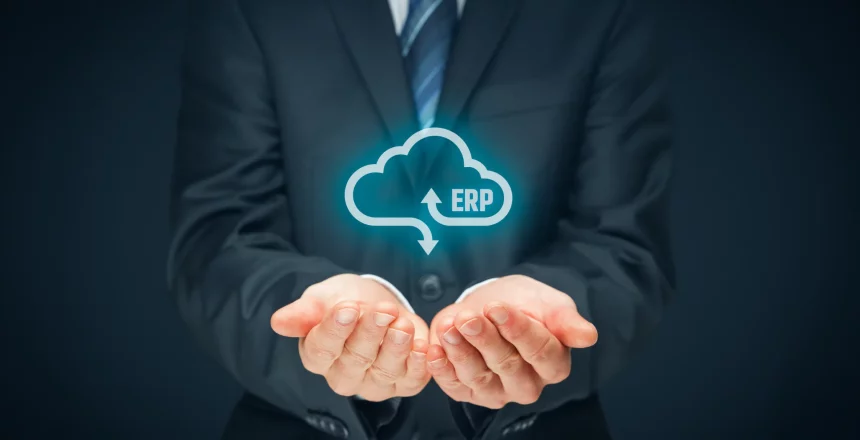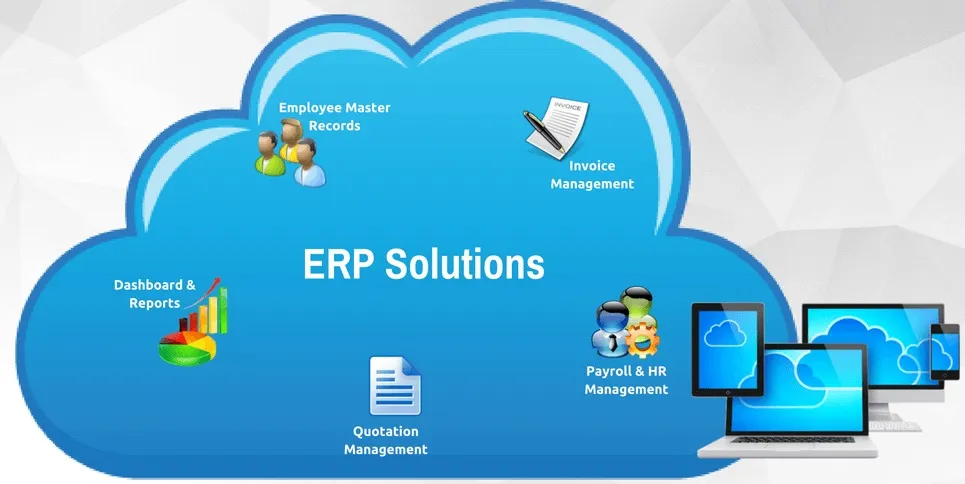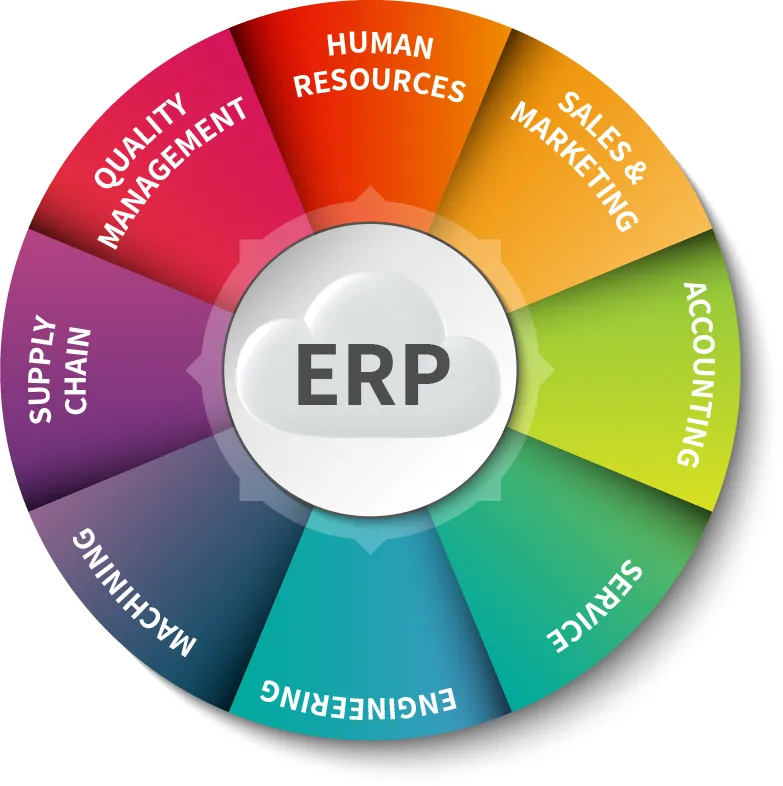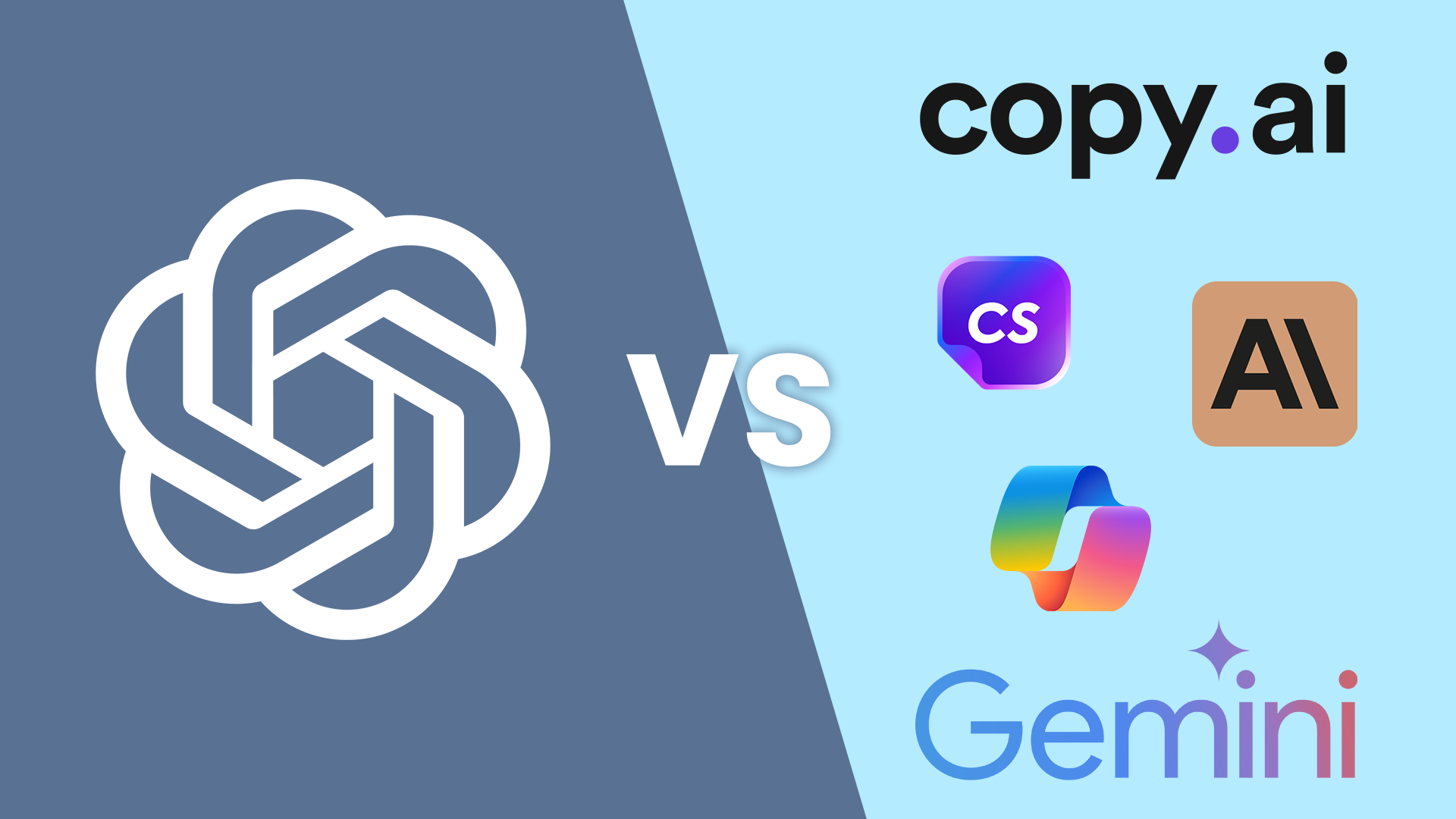Table of Contents
Introduction
Cloud ERP is an Enterprise Resource Planning system. This system works entirely as cloud-based software. It helps an organization maintain its business functions like inventory, orders, and supply.
Every business unit must have an ERP system to maintain employee details and other data. The cloud ERP helps you to access the files from anywhere, anytime. All you need is an internet connection and a browser.
Hey readers, let’s discuss Cloud ERP benefits and its helpful for all business organizations.
Cloud ERP software
The ERP software is hosted by cloud-based ERP vendors and is meant to serve business organizations. The cloud ERP works the same as the ERP software and provides all the benefits to you without any downside and upfront licensing fees.
Oracle Cloud ERP is one of the commonly used cloud-based software. The implementation process will take some time according to the company’s needs.
Source : rigelnetworks.com
Modules of Cloud ERP software
There are certain modules in cloud ERP software. There are various functionalities used in a business organization. They are
- Finance and accounts
- Human Resource Management(HRM)
- Customer Relationship Management(CRM)
- Inventory Management
- Order management
- Supply Chain management
- Project Management
- Material Requirements Planning(MRP)
Source : miro.medium.com
Basic concepts in cloud ERP
There are certain concepts used in cloud ERP software. Let us discuss them below.
Deployment Strategy
The cloud ERP software is deployed in the organization as a private source or purchased as a service model. The cloud ERP is delivered and installed immediately. The organization must plan and arrange things accordingly by collecting data, customizing them. The organization must arrange training for the staff for using the software.
Cloud-based ERP
ERP is installed on the vendor’s server and is accessed through a web browser.
On-premises ERP
Here the software is installed by the organization itself. It is handled by trained staff or contracted staff. The data is maintained, managed, and stored in the company.
End to End security
The security system maintains the encrypted connection between the ERP vendor and its customer.
Subscription licensing
The organization pays the subscription licensing fee during deployment and then annually. The fees they pay include all maintenance charges, and the organization must pay the charges.
Types of cloud-based ERP software
There are four core variants in cloud-based ERP solutions. They are On-premise, SaaS, Proprietary, and white label.
On-premise
The On-premise ERP system software is privately installed software. The entire data is managed by the organization itself and accessed through the cloud. It is a secured one.
The benefit of using this is that you can maintain the hybrid ERP software and the traditional ERP software on your administration. Compared to other forms of ERP software, the On-premise software has more functionalities and customizable tools to access your idea.
SaaS
SaaS(Software as a Service) is the most commonly used software by small-scale business people. In SaaS, you don’t own this software.
The data will store in a common cloud, a particular instance of the software will be shared with you to access your files. The payment will be charged monthly or annually.
Proprietary
Proprietary cloud ERP is similar to private ERP software. Here the vendor hosts the ERP system from its own data center.
Here the software allows you to do the patches automatically or when approved. The data will be stored in the cloud, and it is kept safe and accessible by the ERP vendor who hosts it.
The Proprietary software is best in its flexibility to start with a small space and enlarge the cloud as the business grows.
White label
White label cloud has all the properties of proprietary cloud ERP software. The major difference is that instead of a vendor hosting it, a part of the ERP system software is hosted in public infrastructure as a service such as Rackspace or Amazon Web Services.
Benefits of using Cloud ERP Software
There are a lot of benefits for business people using cloud ERP software. The software helps in reducing the space of storing data. Some of the benefits are explained below.
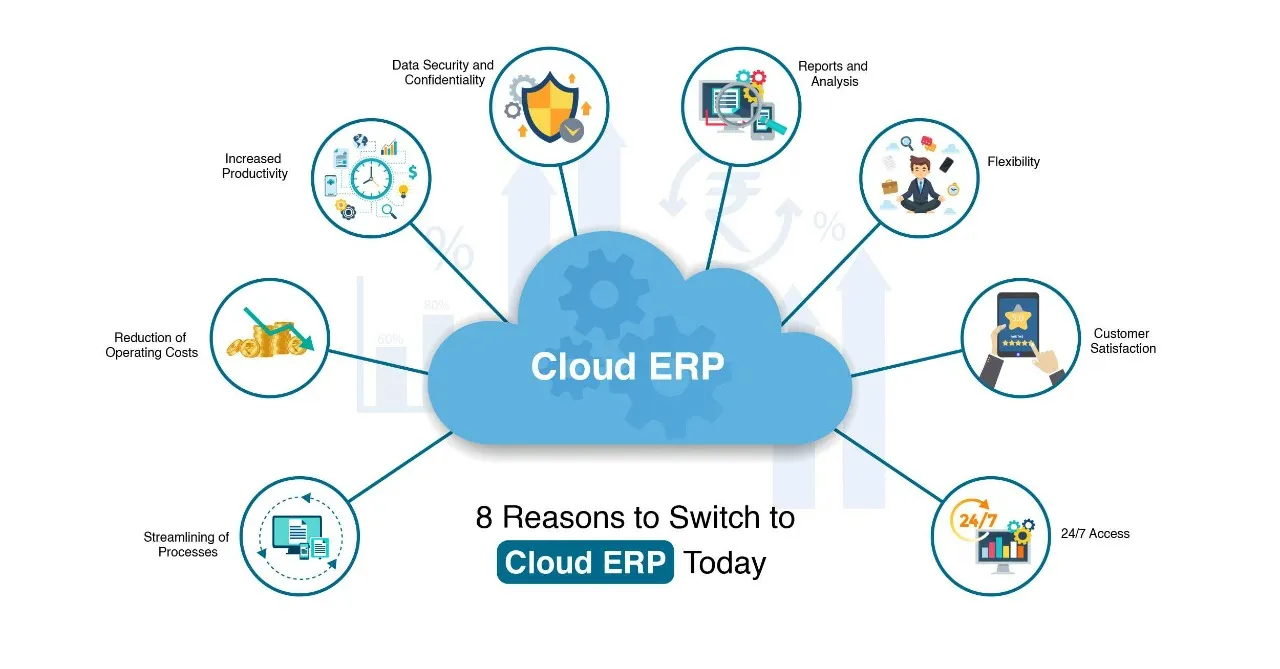
Security
Generally, people think using the cloud for storage is not safe, and it will be an easy target for hackers. But, there is a high level of security with proper encryption for every data stored in the cloud.
The system keeps a record of storing and modifying the data in the ERP software. Security is a major benefit to prove its operational efficiency in a wide range. Data will be kept safe even after a natural disaster.
Flexibility
You can access cloud storage from any place at any time. Even if the business is scattered worldwide, every employee can access data in real-time by just owning a device(laptop, tablet, mobile) and internet access. Automatic updates are installed here.
Real-time analysis
The ERP software helps you get the latest information that has been updated and modified in the cloud ERP storage.
Business people use real-time data to make decisions suddenly without any delay using the updated information. Real-time analysis helps to increase business efficiency and business growth.
Cost-savings
Compared to On-Premise ERP, the cloud-based ERP system Software is cost-effective as the On-Premise Software costs you for regular server maintenance and upgrades.
In cloud ERP software, the software is being hosted by the vendors and provided as SaaS mostly, which costs you less. The implementation, infrastructure, and operational costs will be included during deployment, and it works as a long-term cost.
Storage
The Cloud-based ERP system Software adjusts easily to the size and infrastructure of the organization. It increases the size of storage and usage as you develop your company.
Service
In On-premise ERP software systems, you need to pay and buy an extra package for services. But in a cloud-based ERP software system, you will get service support 24/7. You can ask for service accessibility any time from anywhere.
Conclusion
Using On-premise ERP-based software costs you higher, and it needs a different place for deployment and access.
Even you have to train a team to access it. In using cloud ERP software in your organization, you are benefited in many ways like less in cost, no need for special training to access them, no extra charges for service.
You can also develop your storage space and accessibilities as you develop your company. There are certain business benefits and reasons business leaders choose cloud-based ERP.
NPEC provides powerful hosted CRM and ERP solutions to help people run their business in a smooth and efficient way. It helps in the growth of your business from a normal range to the top level.
FAQs
1.What is ERP software?
ERP software is Enterprise Resources Planning Software. It is an enterprise-based solution in functioning an organization.
2.How can I improve my business using ERP software?
You can improve your business by opting for cloud-based ERP, as it helps develop your business to another level.
3.Is data migration possible?
We can do data migration, but it is based on the tools and functionalities chosen by the host during deployment.
4.How does cloud help ERP?
Cloud computing helps in the entire business process globally. One ERP software helps a business in many ways, like storing every data in the cloud instead of doing it manually.
5.What is the difference between On-premise and cloud ERP?
On-premise ERP is installed in your company’s location and handled by your IT staff. Cloud ERP is hosted by a vendor and can be handled from anywhere.
